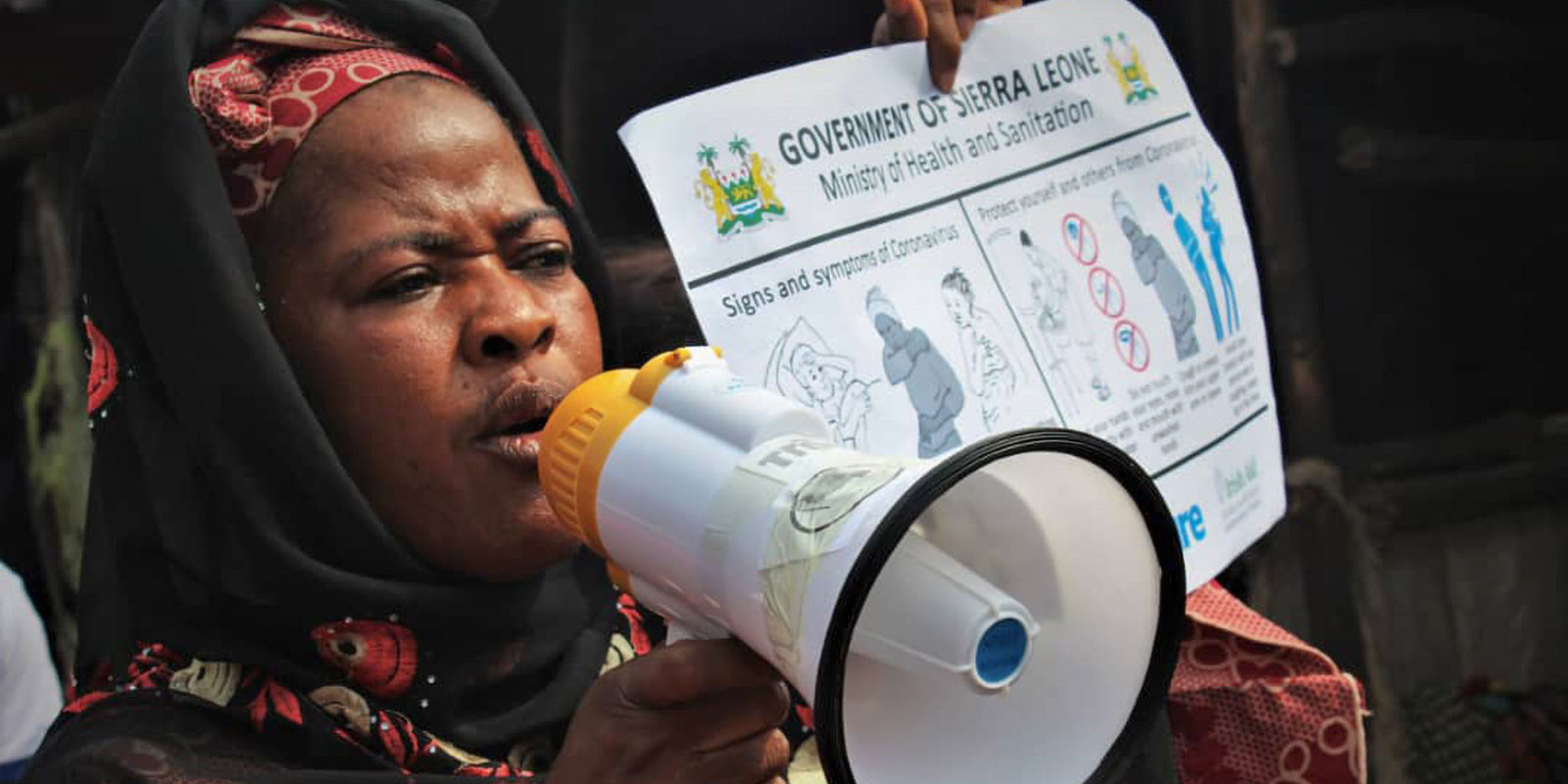For many of us in the women’s movement, 2020 was supposed to be a year of celebration and commemoration as it marked significant milestones of hard-won struggles: the 25th anniversary of the Beijing Declaration and Platform for Action and the 20th anniversary of the United Nations Security Council Resolution 1325 (UNSCR 1325) on Women, Peace and Security (WPS). In Africa, 2020 also marked the beginning of the new Decade of Women’s Financial and Economic Inclusion. While we were unable to meet in person, we did not allow for this opportunity to be missed. Over the past year, there have been countless on-line meetings and consultations held, publications published, and research conducted. Some may even assert that the shift to the virtual space allowed for even more activities to take place as we no longer needed to spend time getting visas, boarding flights, and physically running to and from meetings. At the same time, these activities witnessed an opportunity for inclusivity of participants from across the continent.
In many ways, the pandemic has exposed so many of our shortcomings in our quest for a fairer and more equitable world.
Tweet
Yet, as we reflected on and commemorated the different achievements and continued roadblocks, it was evident that we are still not where we want to be in terms of gender equality. Rather, the pandemic has pushed us further back in our efforts to achieve gender equality. It has been extensively documented how the pandemic has disproportionately impacted women and girls; increased incidents of violence against women and girls (VAWG) and gender-based violence (GBV); increased burden of care; increased risk of contracting the virus due to the majority of health care workers being women; inability to access sexual and reproductive health services; women’s businesses collapsing and high rates of unemployment. This reality is even worse for migrant women and girls, those living in conflict-affected areas and those living in poverty.
As we celebrated International Women’s Day on Monday, 8 March, in the context of the second (or even third) wave of the pandemic, we must be aware of this very dramatic reality and re-focus ourselves and our commitment to advocating for gender equality.
As of 22 February 2021, the WHO reported that 47 out of the 54 African countries have been affected by the pandemic; 2,775,625 cases have been recorded; and 70,595 deaths have been reported. This means that we are not yet out of the woods and that we are still faced with many challenges, including:
- Ensuring the vaccination rollout is fair and equitable and that women and girls are not forgotten and left behind.
- Addressing the high unemployment rate of women. For example, during the last year in sub-Saharan Africa, 43% of women-owned businesses closed compared to 34% of those owned by men.
- Addressing the lack of access to education over the last year. For example, the Kenyan Government’s decision to close schools on 15 March 2020, left 17 million students out of school, with serious consequences for young women and girls in rural and marginalized communities like the Maasai, Samburu, Turkana, Pokot, Marakwet, and Sabaot.
While the picture just outlined is bleak, we must not lose sight of the opportunities:
- The World Trade Organisation just appointed the first African and first woman, Nigeria’s Ngozi Okonjo-Iweala, as Director-General;
- The African Continental Free Trade Area (AfCFTA) just commenced on 1 January 2021;
- The Generation Equality Forum is set to take place at the end of March 2021;
- The African Union has appointed the first woman Deputy Chairperson of the Commission.
We must not allow the pandemic to uproot all the truly hard-won gender equality gains made over the last two decades and more. We must seize these opportunities to ensure a decade later, that we are not reflecting on another 10-years of non-delivery on our commitments.
We must not allow the pandemic to uproot all the truly hard-won gender equality gains made over the last two decades and more.
Tweet
In conclusion, a post-pandemic world in which women, children and adolescents survive and thrive requires bold commitments. We must work towards building bridges on our various agendas, focus on social justice and equality in all that we do, and strive for a more peaceful and equal world. It is to the benefit of all people. And frankly, we do not have any more time to waste if we hope to build back better and equitably. In this regard, I still stand by the call we made in 2020 that: The allocation of response resources should be dually focused on the immediate needs of managing the virus and, simultaneously, on the future, to dismantle the structural and systemic barriers that reinforce inequality and disenfranchisement. We have been presented with the opportunity to reimagine and redesign our society into one that is vibrant and equitable. We must place women at the core of the response and beyond.
Madam Graça Machel is the Chair of ACCORD’s Board of Trustees.


